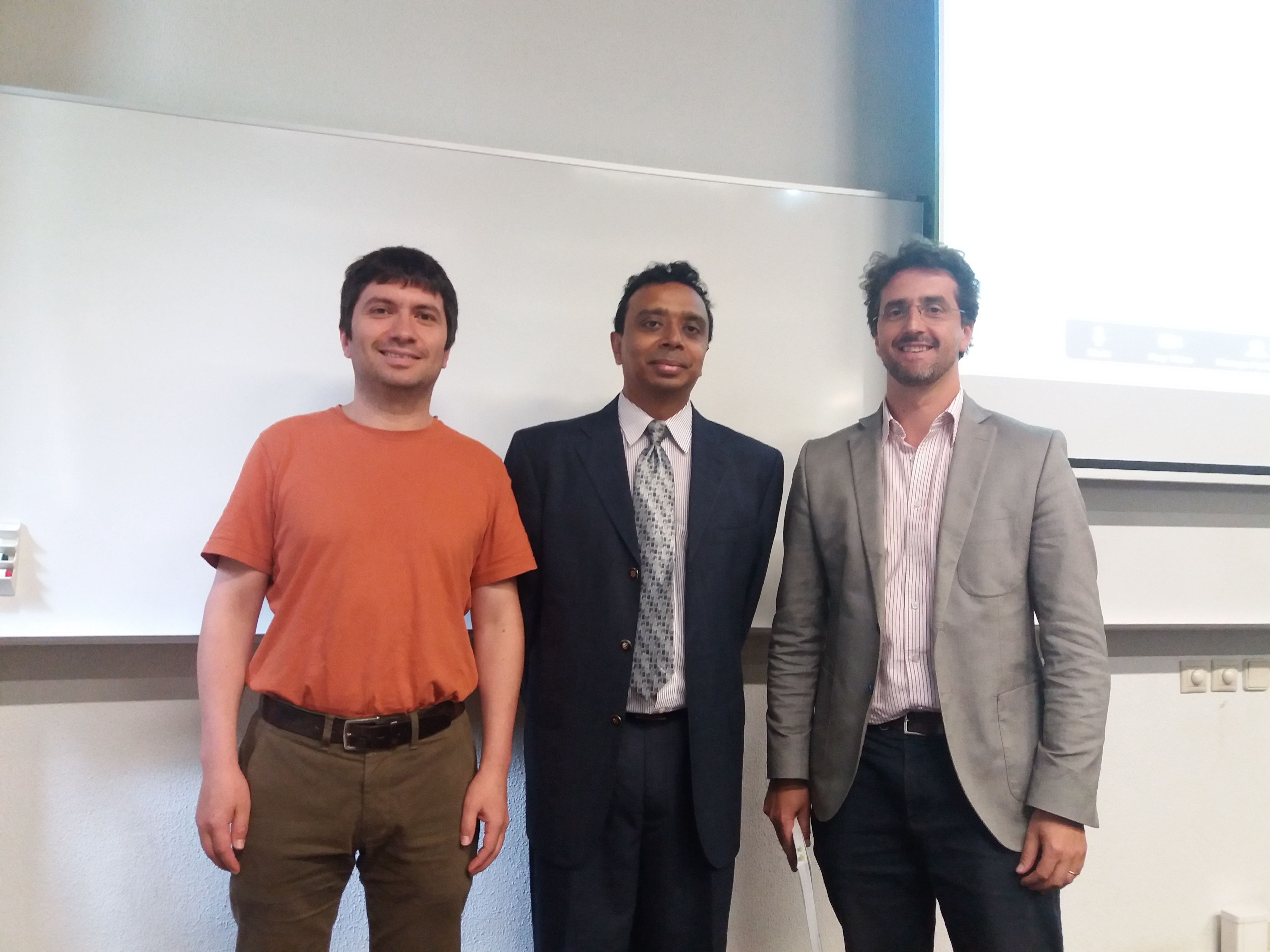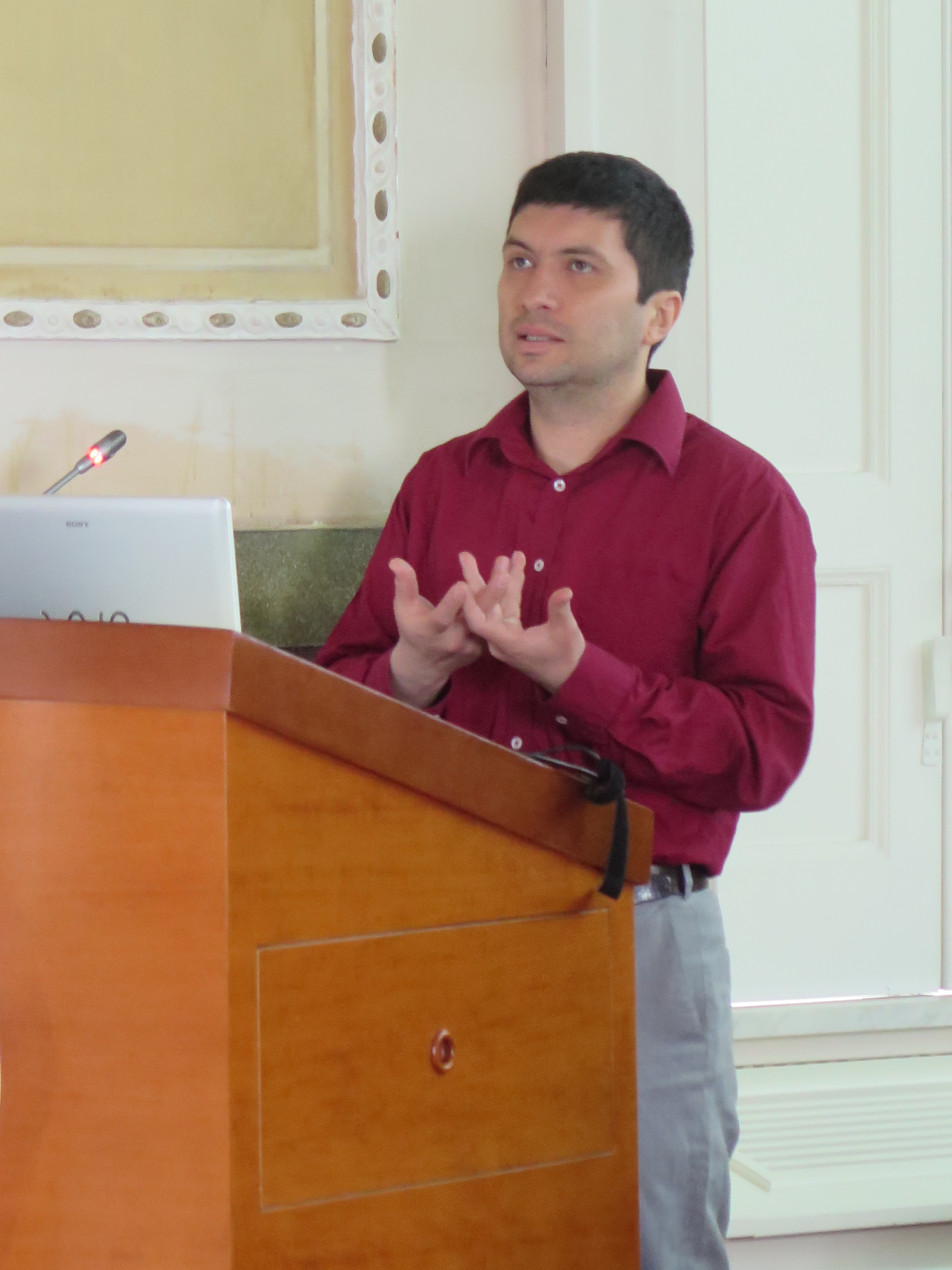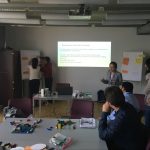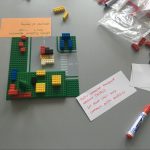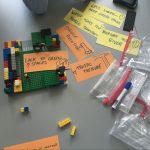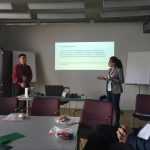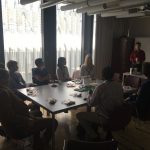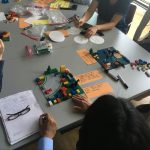Dr. Viswanath Venkatesh is a worldwide renowned academic researcher and authority in the field of Information Systems with nearly 80000 citations in Google scholar. He was invited by the GEO-C team to visit NOVA IMS school on 03 and 04 of July 2018 to deliver a seminar and provide feedback to improve the research of Mijail Naranjo-Zolotov (esr05).
Title of seminar: “Road to success: A guide for doctoral students and junior faculty members in the behavioral and social sciences”
Biography: Viswanath Venkatesh, who completed his PhD at the University of Minnesota in 1997, is a Distinguished Professor and Billingsley Chair in Information Systems at the Walton College of Business, University of Arkansas. He is widely regarded as one of the most influential scholars in business and economics, both in terms of premier journal publications and citations. His research focuses on understanding the diffusion of technologies in organizations and society.
